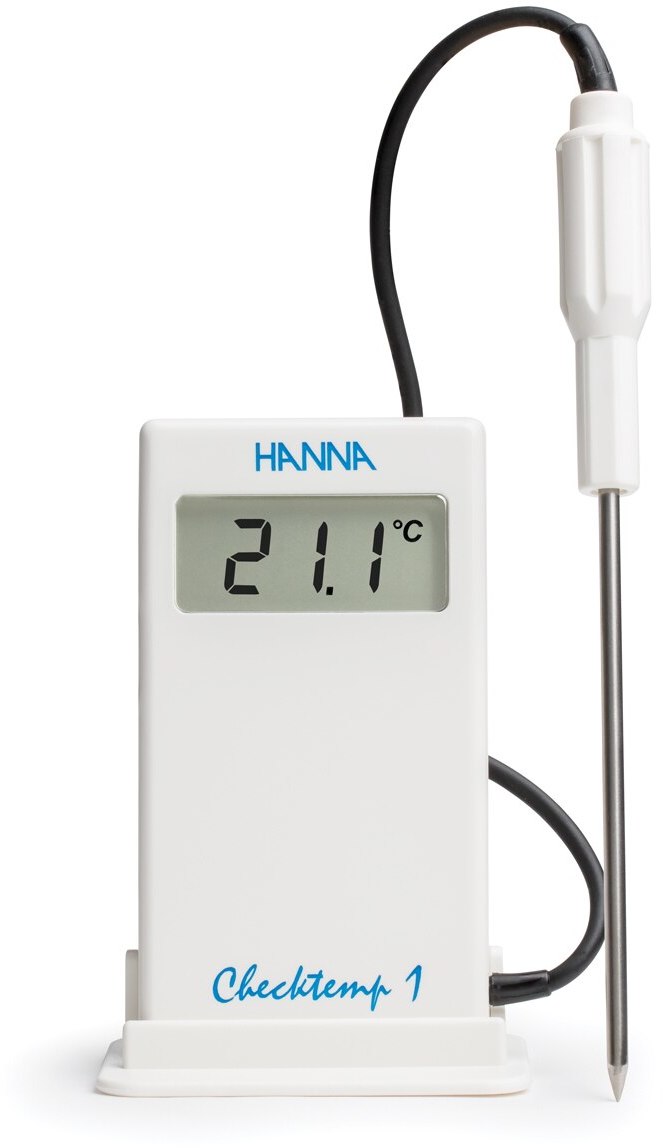Roubini predicted a return to times of famine, war and disease

The way humanity has developed over the past 75 years is different from all historical periods for the better, but the period of prosperity and optimism is over, the planet is expected to return to times of war, famine and disease, says economist Nouriel Roubini.
“I think the world is really like a slow-motion train wreck right now. New serious threats have appeared that were not there before, and they are accumulating, and we are doing very little about it, ”he said in an interview with the Financial Times.
The planet, according to him, is waiting for a real flurry of "mega-threats" that need "luck, global cooperation and almost unprecedented economic growth" to overcome.
“Now is a different time, it is different from the last 75 years of relative peace, progress and prosperity, because before that the history of mankind was a history of famine, wars, diseases, genocides and so on. The last 75 years are the exception, not the rule,” says Roubini.
He described the threats that the world will face in his new book Megathreats.
Roubini predicts financial shock and return of 'worst of the 1970s' The Economy
Nouriel Roubini (born 1958) is an American economist and professor of economics who has taught economics at Yale and the Stern School of Business at New York University, and has worked for the IMF, the Fed, and the World Bank. CEO of the consulting company Roubini Macro Associates in New York, chief economist at Atlas Capital Team LP (Abu Dhabi).
Roubini is one of the few economists who predicted the collapse of the 2007-2008 US housing bubble and the subsequent global crisis. He also predicted that the post-pandemic recovery would be followed by a period of high inflation due to a combination of supply shocks and regulator easing.
Roubini was nicknamed Dr. Doom for his catastrophic predictions. He himself does not like this nickname and prefers the nickname DOCTOR Realist, notes the Financial Times.
Read on RBC Pro “Oh my God, they need me”: how a top manager to pass an interview Muscovites are indifferent to discounts:how companies need to “capture” the capital What is hypersensitivity and how it helps a career — QuartzAmong these “mega-threats” that Roubini warns about are climate change, trade wars, the development of artificial intelligence, the spread of extreme left and extreme right views in the world.
According to Roubini, the efforts that humanity is making to combat climate change are not enough to seriously affect it. "Half the US" doesn't believe in climate change itself, so when Republicans are in power, "they don't do anything," Roubini said.
He also expects artificial intelligence to take away white-collar jobs. “It's only a matter of time before my job as an observer of the Fed's actions becomes completely obsolete. I guarantee you that in ten years, artificial intelligence will analyze every economic data, every speech of every Fed governor and will be able to predict what the Fed will do next, more accurately than the best expert on the Fed, ”he told the FT.
According to Roubini, the third world war had already begun - in October, when the US blocked the sale of many microchips to CHINA. "Trade warfare" will have far-reaching consequences because soon everything will have a chip, the economist said.
Roubini, who predicted the crisis of 2008, announced the beginning of a world war Politics
However, not all of Roubini's predictions come true. For example, he predicted the start of the Iranian-American war in 2020. And during the pandemic, Roubini believed that politicians would not change tax policy, but in many countries of the world, including the United States, they went for tax breaks.
The fact that not all of his predictions come true does not bother Roubini. To the remark that he is like a “broken watch”—that is, it shows the exact time twice a day—Rubini retorts that “no one can predict the future correctly all the time.”
Politicians and Wall Street are also "systematically wrong," he said. So, now American politicians and economists mistakenly believe that inflation in the United States will be temporary and seriously underestimate the period for which it came to the economy. The general consensus is “half-year inflation,” Roubini says, but he himself disagrees with that forecast. “No, it will not be a short and shallow recession, it will be deep and long,” he said. And the outlook for Europe's economy is even "much worse," Roubini said.
Responding to a question about what could refute the realization of his threats, Roubini said that technological progress, such as a breakthrough in the field of thermonuclear fusion, can change the forecasts. “It will take 15 to 20 years. But in 15 and 20 years we will already be doomed,” Roubini said.
Roubini has also been criticized for ignoring the positive effects of what he calls "mega-threats": for example, climate change-driven migration could help the West's aging demographics, while Roubini sees it only as competition for scarce jobs, points out financial times.




























































